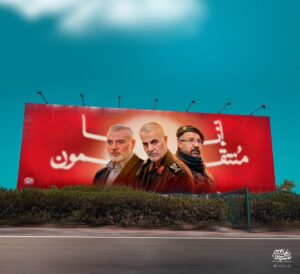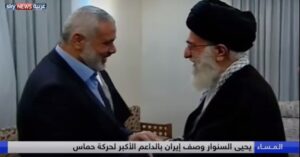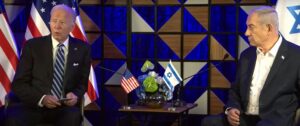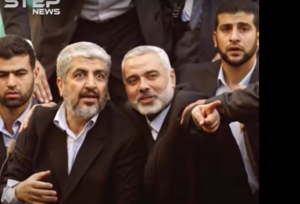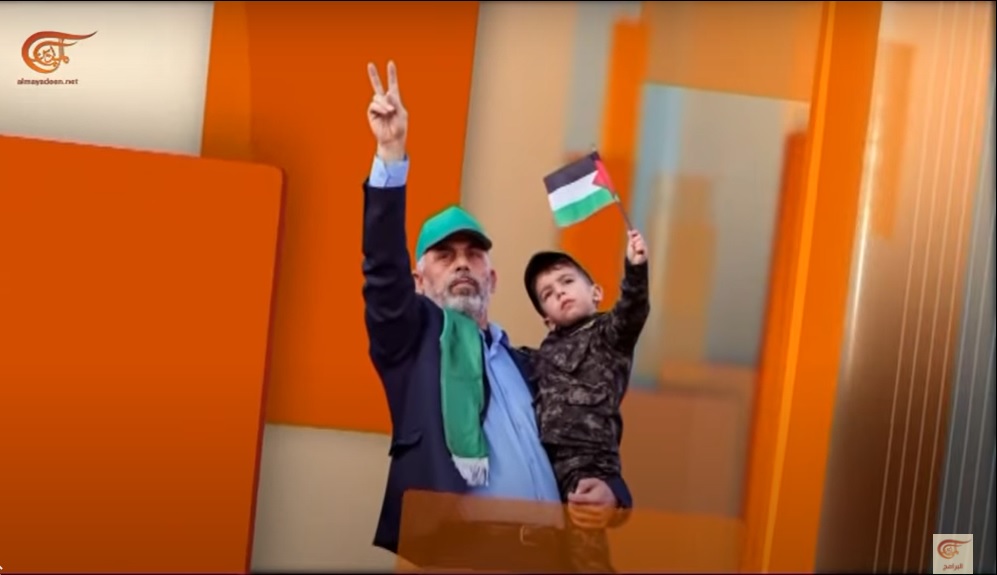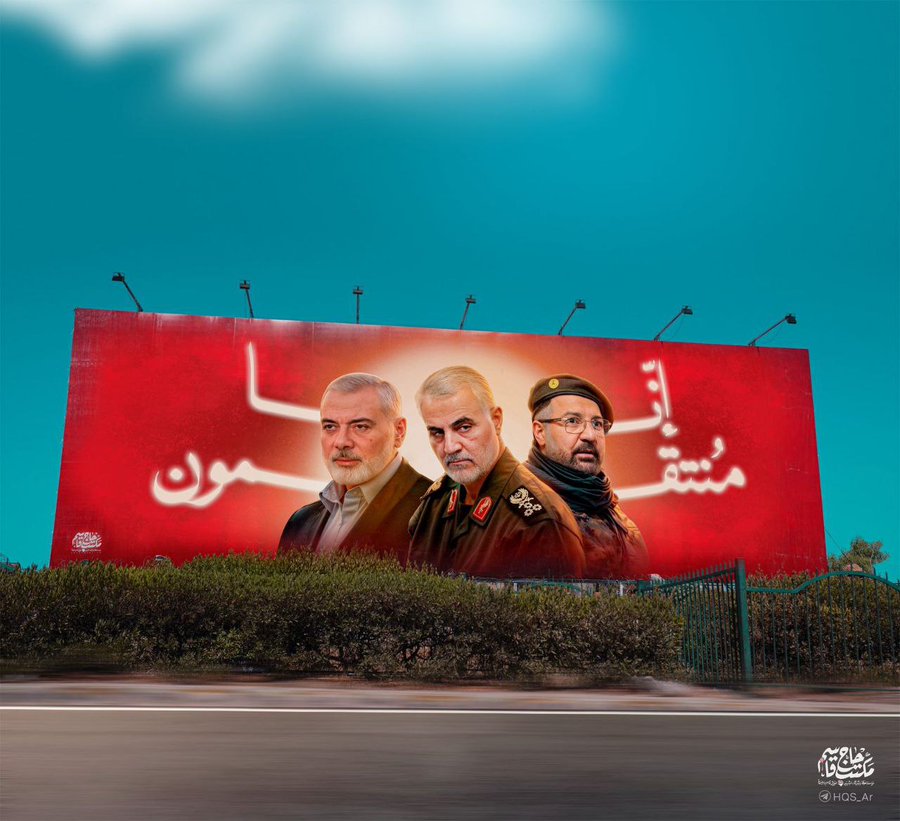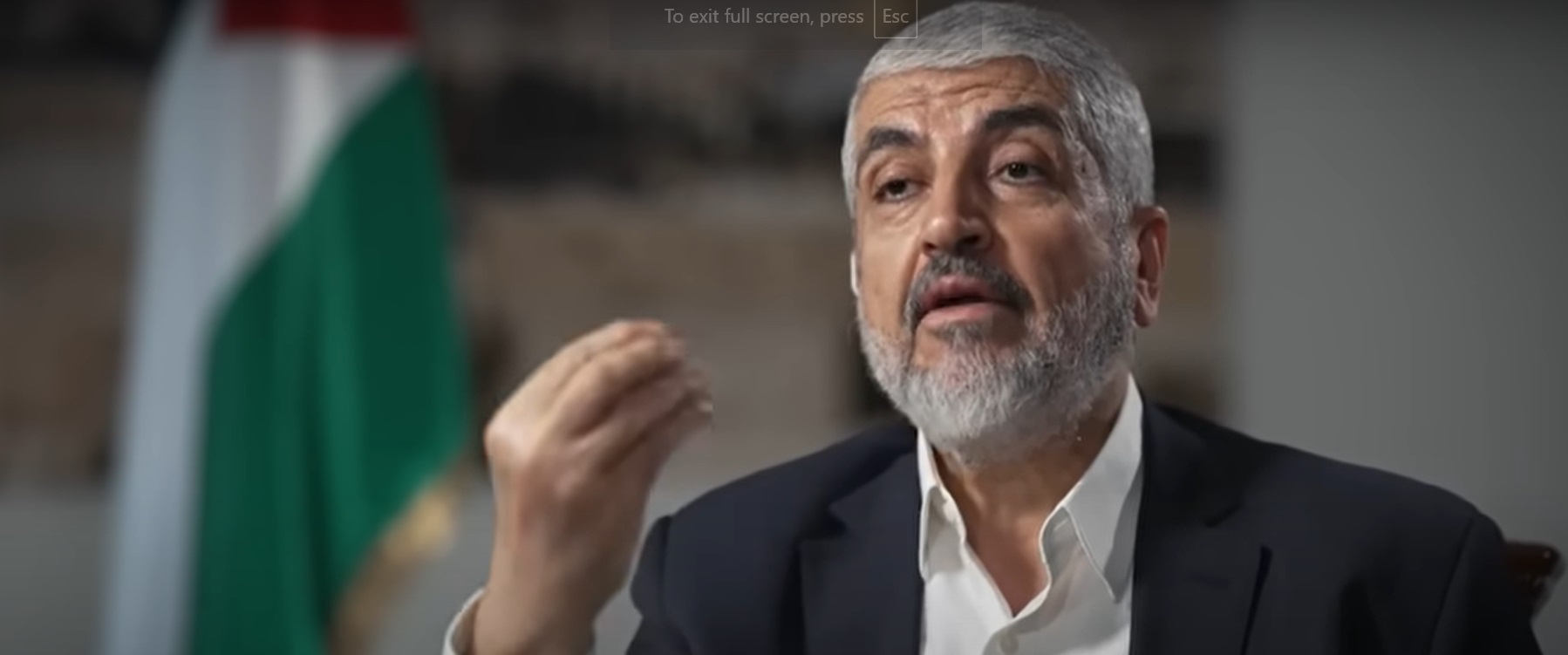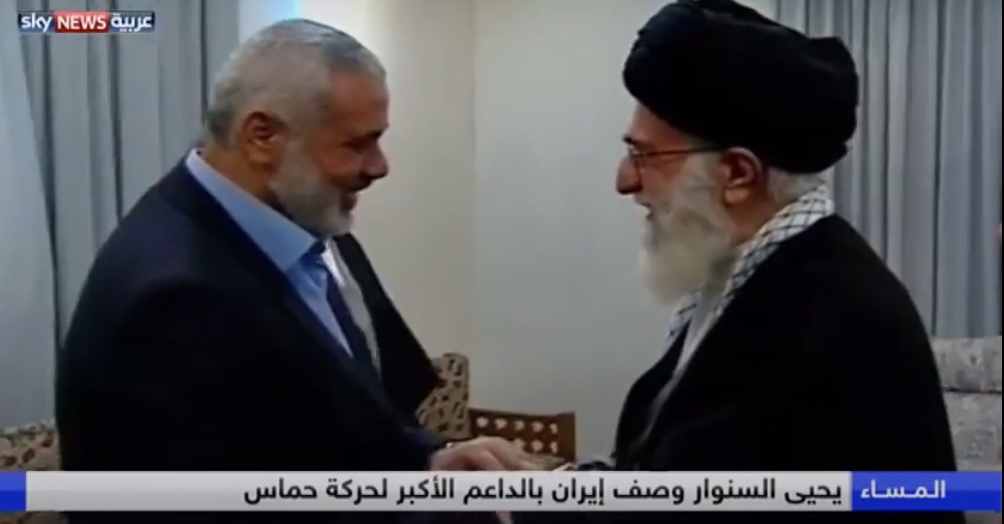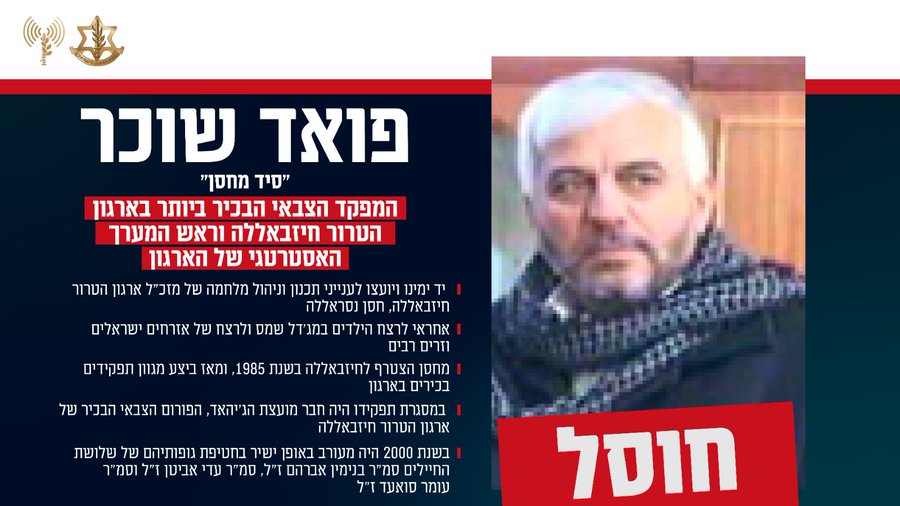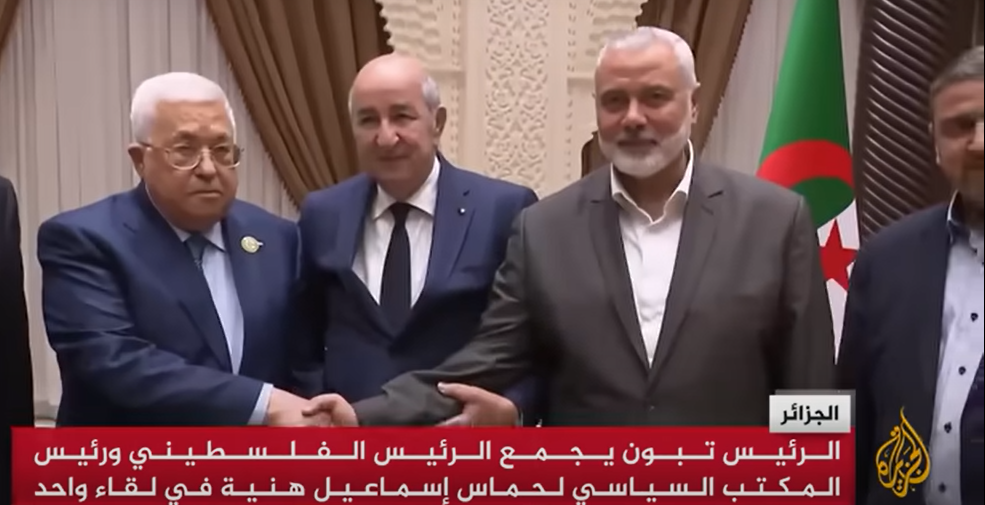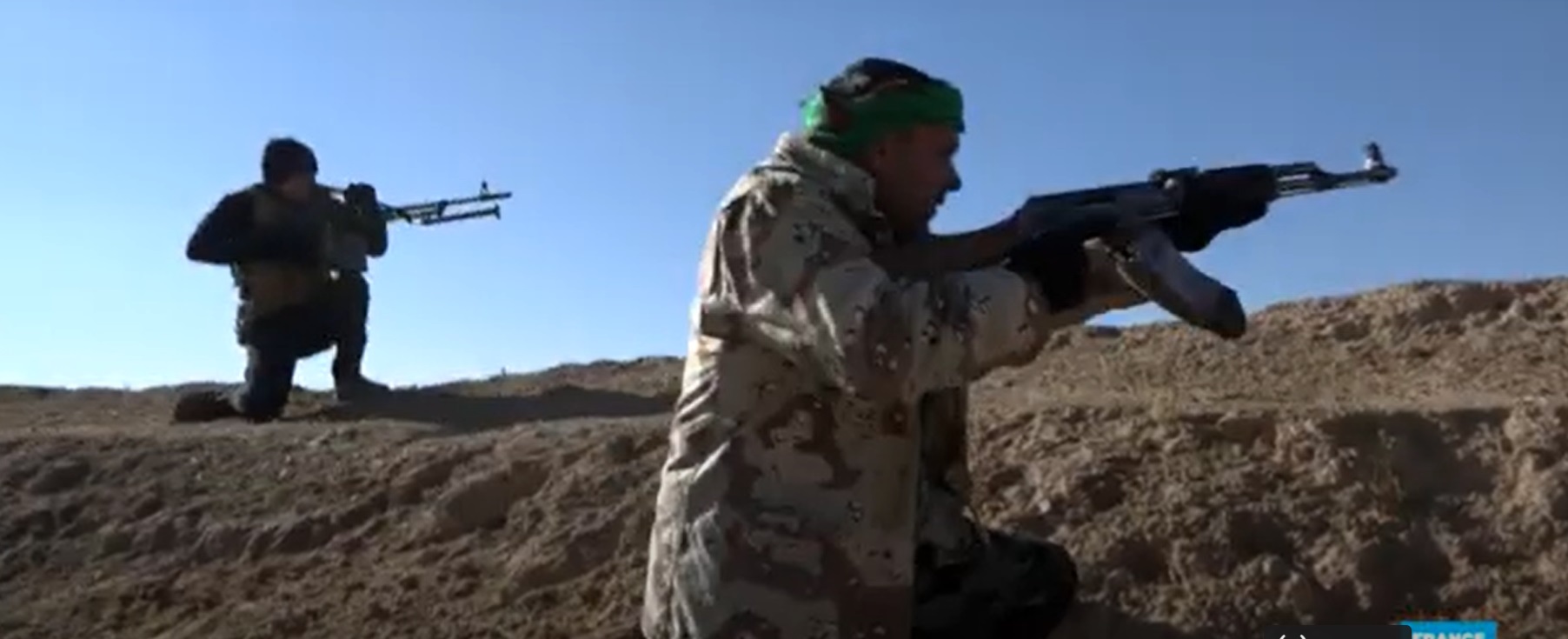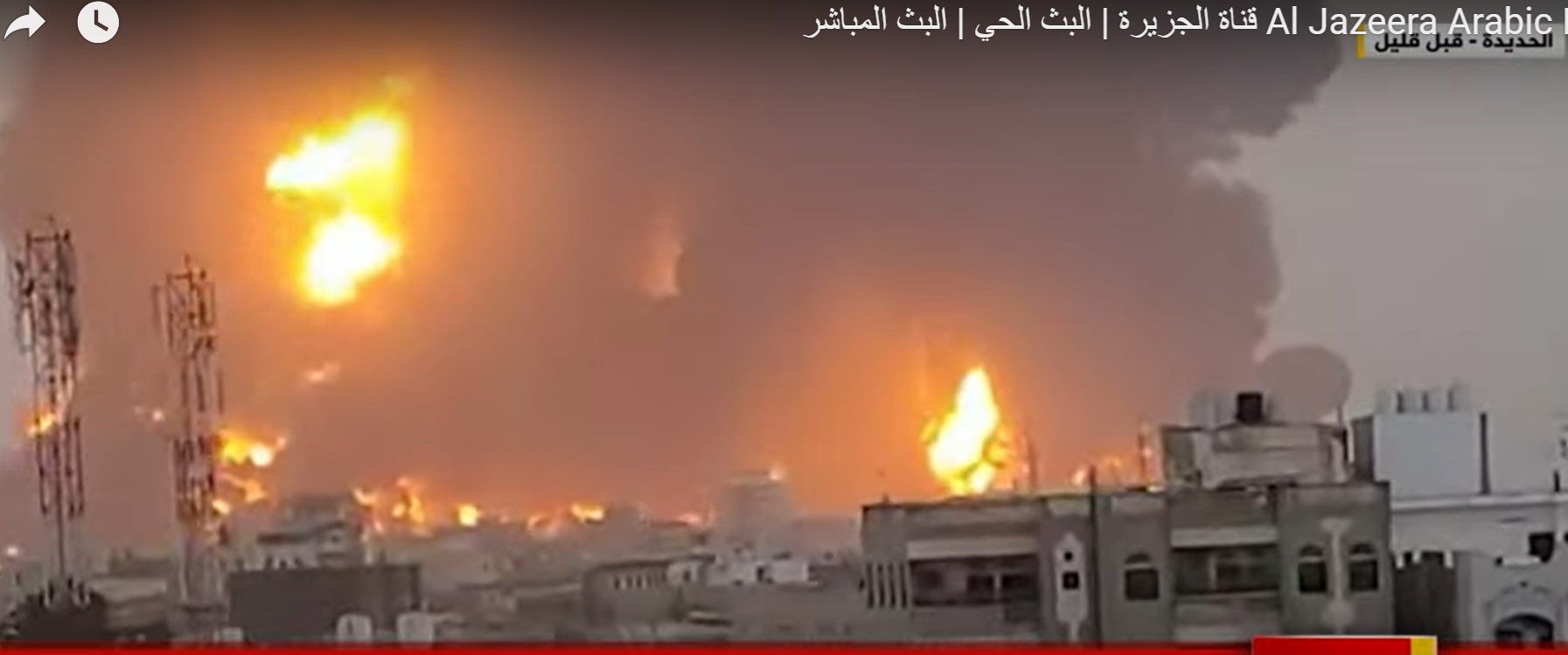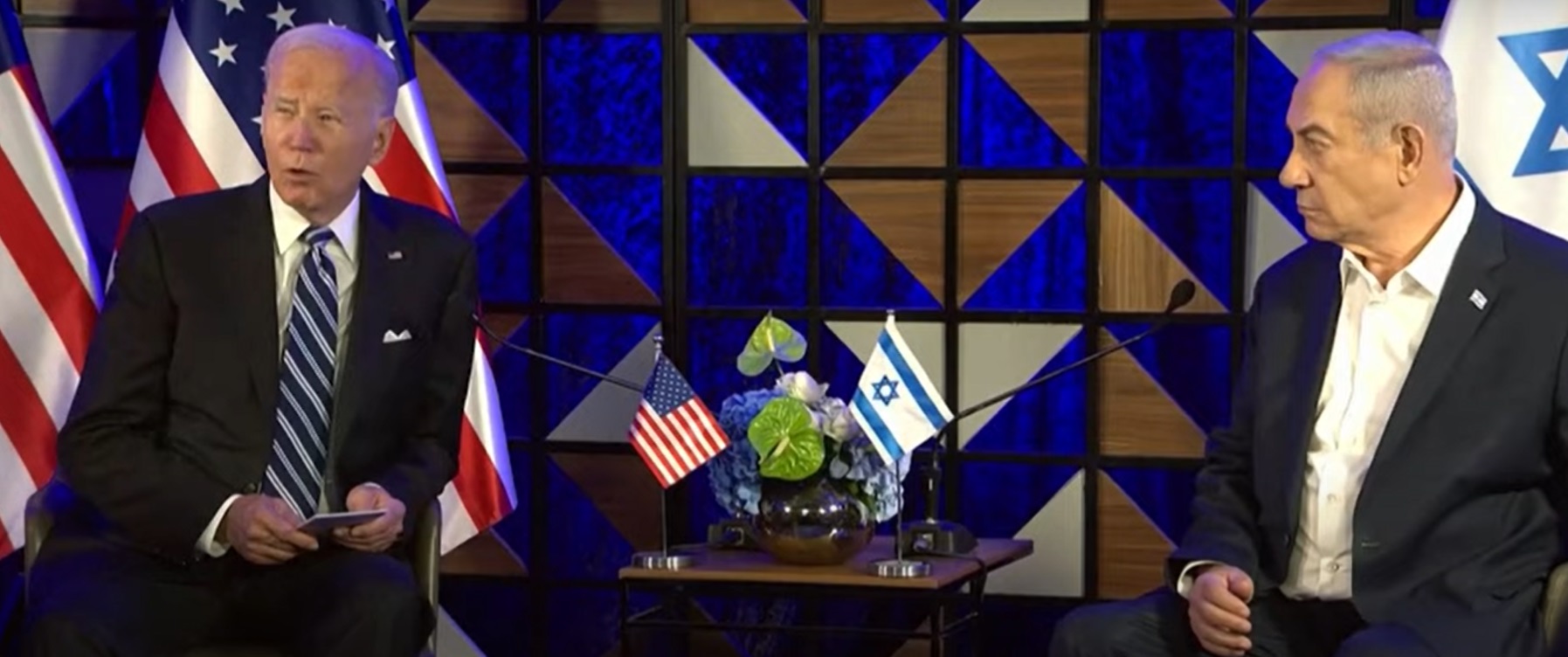
The Election of Yahya Sinwar as Ismail Haniyeh’s Successor: Accelerating Israeli Efforts to Eliminate Him
The Hamas movement has chosen Yahya Sinwar, who is responsible for the massacre on October 7, as the head of the Political Bureau. His election challenges Israel regarding the continuation of the war in Gaza and the release of the hostages.
Senior officials in Jerusalem assert that this move underscores Hamas’ jihadist goals to destroy the State of Israel and will expedite the security forces’ efforts to eliminate Yahya Sinwar as soon as possible.

